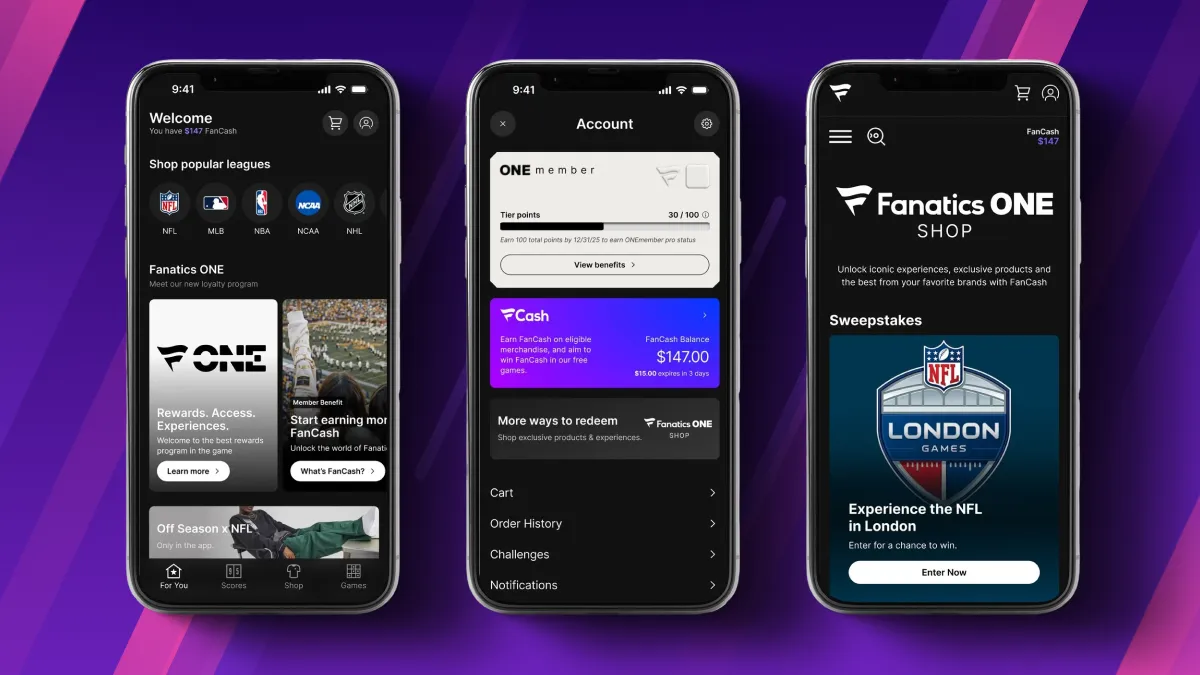Rhode Island Moves to Expand Sports Betting Operators

1.0
Default
Rhode Island legislators have approved a proposed bill, SB 748, expanding RI's sports betting market. The bill aims to expand the state's sports betting platforms online from just one - International Game Technology - to approximately five, and if the bill is passed, it would significantly boost the state's revenue, says its proponents.
Rhode Island lawmakers are making moves to reshape the state's online sports betting landscape. In a significant development this week, members of the Rhode Island Senate overwhelmingly approved legislation that could dramatically expand the state's online sports betting market.
Senate passes SB 748 with strong majority
Last Wednesday afternoon, the Senate passed SB 748 by a 30 - 3 vote, signaling strong bipartisan support for modernizing the state's approach to sports betting. The bill proposes to increase the number of authorized online sports betting operators from the current single-operator model to a competitive market with up to five platforms.
This marks a major shift from Rhode Island's existing arrangement. Since launching online sports betting in 2019, the state has operated under an exclusive contract with International Game Technology, making it the sole provider of digital sports betting services.
New operators could enter by 2026
If approved by the Rhode Island House of Representatives, SB 748 would establish a more competitive licensing process to allow up to five - and no fewer than three - online sports betting operators by early 2026. The bill also includes a key amendment prohibiting the renewal of the state's current contract with IGT after the 31st of January, 2026, moving the original cut-off date up from July.
This would open the door for major national sportsbooks such as DraftKings and FanDuel to apply for licenses and potentially enter the Rhode Island market for the first time.
A bid for more consumer choice and higher revenue
Supporters of the bill argue that increased competition would benefit both consumers and state revenue. Senate Leader Frank A. Ciccone, a key advocate for the legislation, emphasized the need for a more dynamic market.
"With legalized sports betting flourishing across the country, there is ample evidence on how this new industry works best for consumers and the state," Ciccone said. "Having only one company exclusively operate is not in the best interests of consumers or from a revenue-generating standpoint. This bill will give our state's sports bettors the options they are clamoring for and, in turn, strengthen the revenue generated in Rhode Island - not across the border in Massachusetts."
Rhode Island's sports betting history
Rhode Island was one of the early adopters of sports betting following the 2018 repeal of the Professional and Amateur Sports Protection Act (PASPA). However, the state opted for a monopolistic model, contracting solely with IGT to manage its online betting platform.
Under the terms of that agreement, IGT pays a 51% tax rate on its sports betting revenues. While the deal has ensured steady revenue for the state, critics have increasingly questioned whether the single-operator structure limits consumer engagement and reduces the potential for revenue growth.
Despite the Senate's decisive vote, the future of SB 748 remains uncertain. Its counterpart in the House, HB 6048, has stalled in committee for months, raising questions about whether the House will take up the measure in time to meet the proposed deadlines.
Industry experts say the House will likely face pressure from both lawmakers and the public to act swiftly. Expanding the market before the 2026 deadline would give new operators time to establish themselves and offer Rhode Islanders more betting options.
Should the House pass the bill, Rhode Island would join a growing list of states embracing a competitive sports betting market. The move could not only improve user experience but also help the state retain bettors who might otherwise turn to neighboring Massachusetts or even use offshore options.








_800x800.webp)











